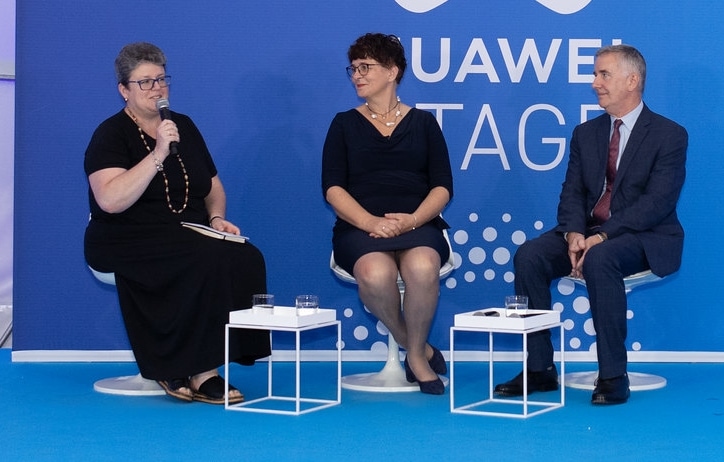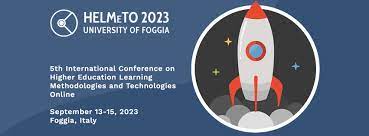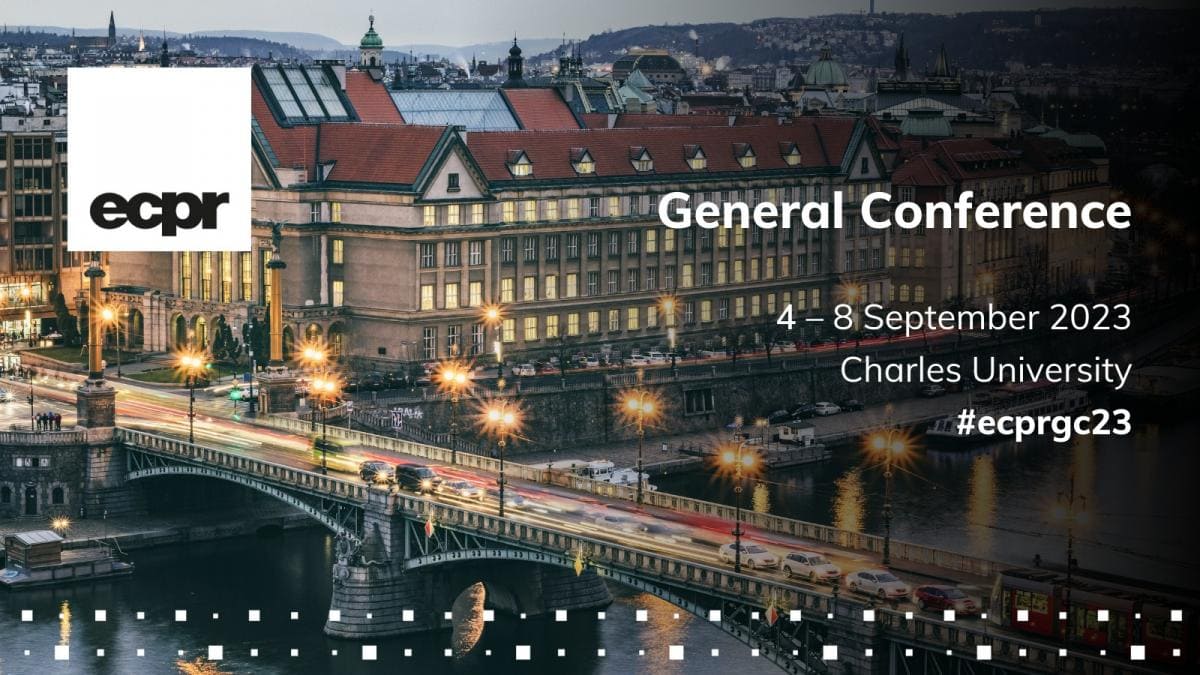Child Rights-based cooperation between the private sector and schools
Table of Contents
Understanding Child Rights-Based Cooperation
Child Rights-based cooperation is a crucial factor. The Global Enabling Sustainability Initiative (GeSI) has organised and hosted the Digital with Purpose Global Summit in Lisbon at the end of September. Parents International was invited to moderate a panel on child rights-based cooperation between the private sector and schools. We invited the Director of the European School Heads Association, Petra van Haren and Brian O’Neill as a chair of the expert group that developed the Council of Europe Guidelines on our topic to join us and share their thoughts about some ethical and practical challenges. With the active participation of the audience, we had a great session.

Collaboration with companies is often a sensitive issue for schools, but in the digital world it is an absolute necessity for delivering on the promise of SDG4 and the basic child right to the education that is best for each and every child. Digital tools are crucial for this, but choosing the right ones needs a collaborative approach between the providers of tools and schools. The Council of Europe has adopted Guidelines to support equitable partnerships of education institutions and the private sector in 2021. They were prepared by a unique expert team coming from policy making, the school sector and the private sector, and they were finalised after a few years of discussions.
The school closures of the past few years and the more extensive use of digital technology has made the topic more relevant. Although there is a consensus that school education should not go digital again, there is also an agreement that digital technology supporting schooling should remain. This needs an approach that considers a plethora of child rights, not only the right to the right education.
In this parallel session, we will explore the ethical and practical aspects of digitalisation in schooling and education in a broader sense, considering all relevant child rights In Europe and in the USA this is even more topical as the General Data Protection Regulations of the EU (GDPR) and the American Children’s Online Privacy Protection Rule (COPPA) are not aligned with child rights – a clash of legislation in Europe and a highlight of the problems around child rights in the USA, the only country that has not ratified the UN Convention on the Rights of the Child.
We were also presenting and discussing the outcomes of the SAILS project that offers tools for school leaders, teachers and parents to provide for the above.
Building Ethical Partnerships in Education
Ethical challenges discussed:
The use of digital tools in education is best if schools/school systems are not only customers and companies are not only looking at increasing their market share. What kind of role the different players should play for a collaborative approach for the best interest of children – the basis of child rights?
There is no question that there is a certain hierarchy of child rights with the right to protection of life being a primary task for adults. We also know that even with the best intentions and all kinds of measures in place, accidents happen, even fatal ones. In recent years, children have been restricted in many fields, including digital in the name of protection. General Comment 25 to the Un Convention on the Rights of the Child (UNCRC) is calling for an approach that balances the right to protection with other rights. What is the main ethical challenge for education professionals, for policy makers and for digital providers in this field?
The regulation on the age of consent in the GDPR is one well-know example of EU legislation not being aligned with the UNCRC, but there are several examples of similar situations at national level. How can education professionals, parents and digital companies navigate such situations having in mind the primacy of international treaties over lower-level legislation?
Access is one of the key elements of delivering on SDG 4 and child rights in this field. What kind of collaboration is possible/necessary to deliver on this?
Advantages of Child Rights-Based Cooperation for Schools
Practical aspects discussed:
Both the regularity of using digital tools and the environment (public opinion, regulatory frameworks, professionals’ view and practice) has changed in recent years, not only with school closures. How is it possible to find relevant solutions for very different regulatory frameworks that are in place nationally?
What kind of tools are available for companies, for schools and for families to introduce this child-rights based approach? – here we can talk about the Guidelines, the SAILS outcomes, Digilead…
The use of social media tools poses specific challenges – age limits, cyberbullying, netiquette, etc. What do you consider inspiring practice in a reality where 80% of children are registered and use tools underage?


